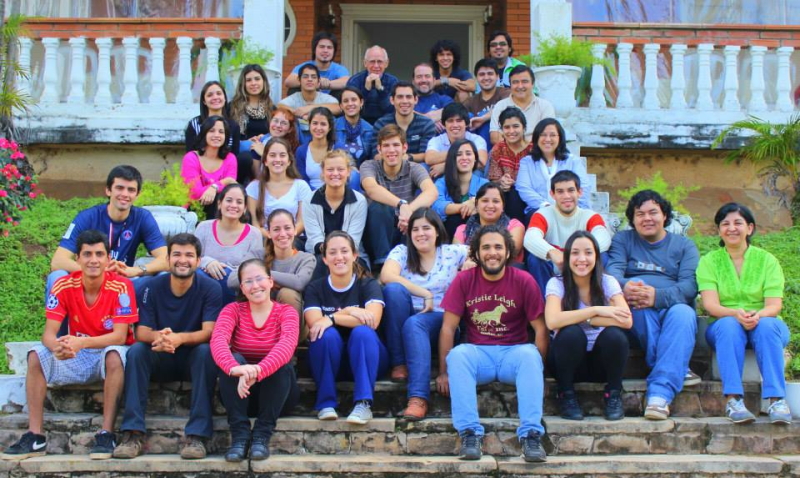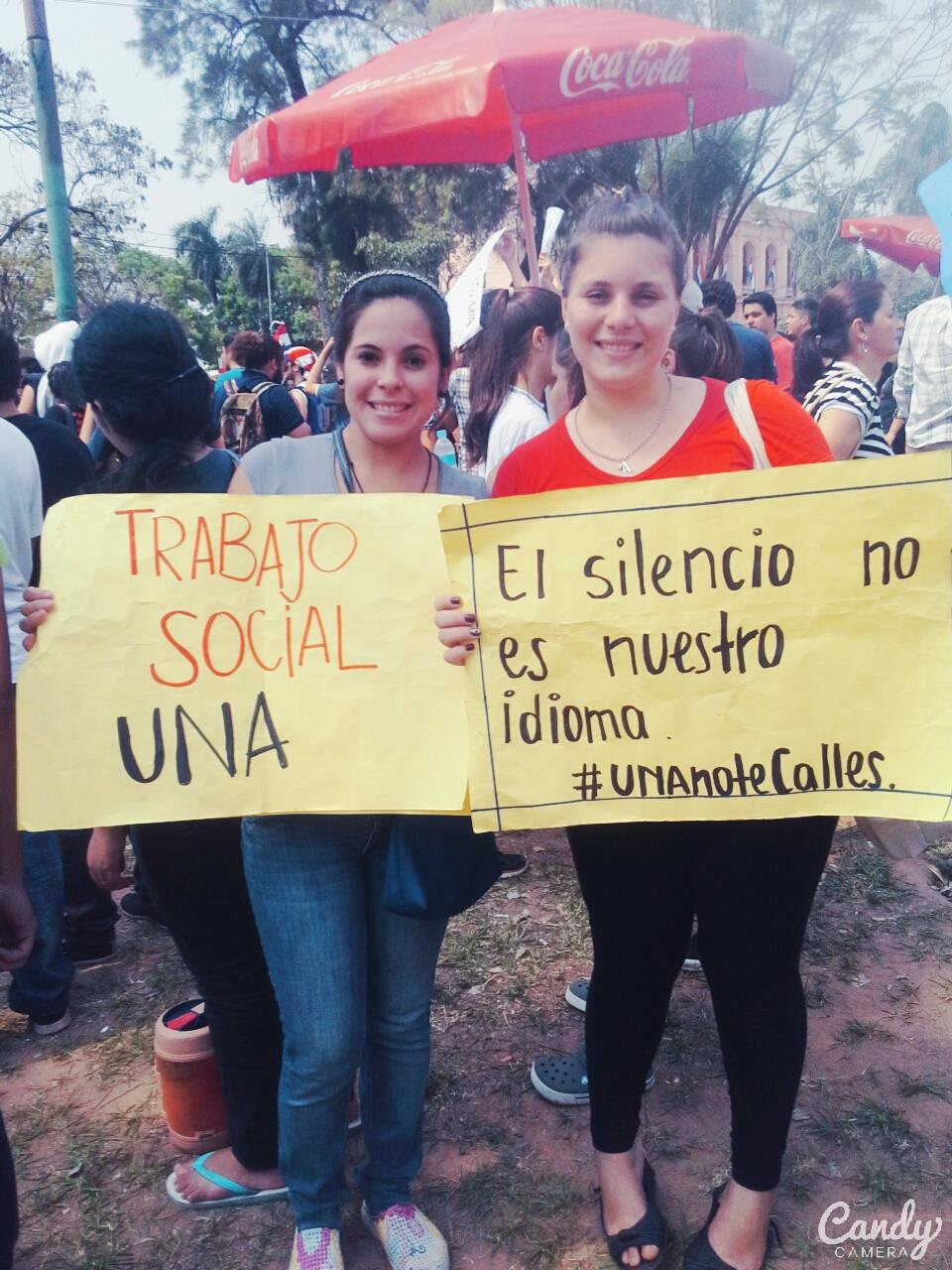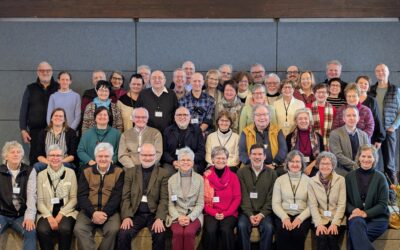 Thousands of university students have denounced the rampaging corruption in the country’s main state university, the Università Nazionale of Asunción (UNA). A long austere spring ended with chain resignations of the academic authorities, and negotiations on the reforms of a statute drafted during the dictatorship. The university youth surprised everyone with their seriousness and organisation. In the month in which the campus was occupied, they created a true and proper “alternative State.” There were watch shifts at the doors, inspection of bags and car boots to prevent the introduction of alcoholic beverages, efficient orders for food and essential services, and oganisation of a supplementary school calendar, with the help of professors and graduating students. And now the schedule of exams has been adjusted so that no one would lose the semester. They furthermore demonstrated intelligence in not allowing themselves to be exploited by anybody. Their reference point and model was Pope Francis who had met thousands of young people in his visit to Paraguay. His appeal to “raise a din and then organise it,” was fully heeded. Among the leaders of the pacific revolt was #UNAnotecalles (“UNA speak up”), the youth of the Focolare. Alejandra and Cecilia, Medicine and Engineering students, respectively, said: “It all started with a sit-in before the Rector’s building, to demonstrate our indignation with regard to the latest reports of corruption. Every day there was a peaceful demonstration during which the mike was passed around to the students, professors and officers. Then came a permanent wake around the building, with a strike of the students to demand the resignation of the Rector and his assistants. The support of the people who provided food and other forms of aid, gave us the strength not to give up our battle, and made us see that it was a struggle for everyone’s good. After 40 days the Rector resigned along with five officers and another 38 were indicted, followed by the resignation of all the faculty deans. What was fundamental for us was to live this phase with all the Gen studying in the UNA university, and also with the others who expressed their support in various ways. Certain of Jesus’s promise to be among us if we unite in His name, we did our best to make it a reality. He was our guiding light in defending the evangelical values of love, truth and justice, and overcoming the many difficult moments. At times it was not easy to control the crowd that seemed to be overwhelmed by emotions. In those instants, when the right thing to do was not clear, we tried to decide together how to act and what decision to make.
Thousands of university students have denounced the rampaging corruption in the country’s main state university, the Università Nazionale of Asunción (UNA). A long austere spring ended with chain resignations of the academic authorities, and negotiations on the reforms of a statute drafted during the dictatorship. The university youth surprised everyone with their seriousness and organisation. In the month in which the campus was occupied, they created a true and proper “alternative State.” There were watch shifts at the doors, inspection of bags and car boots to prevent the introduction of alcoholic beverages, efficient orders for food and essential services, and oganisation of a supplementary school calendar, with the help of professors and graduating students. And now the schedule of exams has been adjusted so that no one would lose the semester. They furthermore demonstrated intelligence in not allowing themselves to be exploited by anybody. Their reference point and model was Pope Francis who had met thousands of young people in his visit to Paraguay. His appeal to “raise a din and then organise it,” was fully heeded. Among the leaders of the pacific revolt was #UNAnotecalles (“UNA speak up”), the youth of the Focolare. Alejandra and Cecilia, Medicine and Engineering students, respectively, said: “It all started with a sit-in before the Rector’s building, to demonstrate our indignation with regard to the latest reports of corruption. Every day there was a peaceful demonstration during which the mike was passed around to the students, professors and officers. Then came a permanent wake around the building, with a strike of the students to demand the resignation of the Rector and his assistants. The support of the people who provided food and other forms of aid, gave us the strength not to give up our battle, and made us see that it was a struggle for everyone’s good. After 40 days the Rector resigned along with five officers and another 38 were indicted, followed by the resignation of all the faculty deans. What was fundamental for us was to live this phase with all the Gen studying in the UNA university, and also with the others who expressed their support in various ways. Certain of Jesus’s promise to be among us if we unite in His name, we did our best to make it a reality. He was our guiding light in defending the evangelical values of love, truth and justice, and overcoming the many difficult moments. At times it was not easy to control the crowd that seemed to be overwhelmed by emotions. In those instants, when the right thing to do was not clear, we tried to decide together how to act and what decision to make.

Leticia (left)




0 Comments